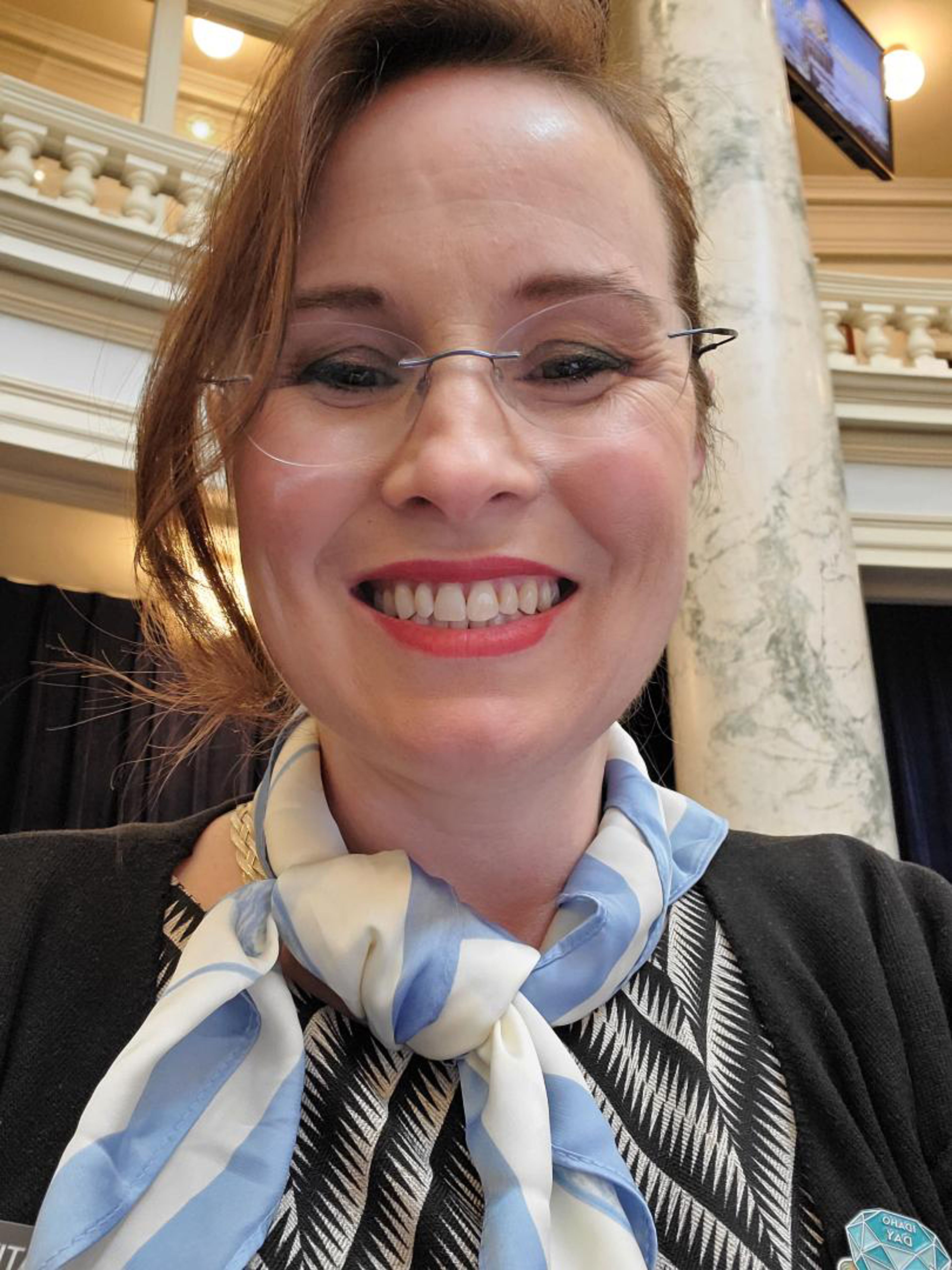OPINION: Grant hearing for university presidents hiring bill
Guest Editorial: Another Newspaper’s Opinion
This editorial was published in The Seattle Times.
———
When the boards of regents at Washington State University and the University of Washington unveiled their new presidents earlier this month, it went just as planned by the boards. Both hired new leaders and managed to shield the candidates from any public scrutiny and vetting till after the deals were done.
At both universities, regents who represent faculty and students — two pretty important university groups — were banned from voting, though WSU gave its regents more leeway in the process.
That’s the way those public universities want to make decisions — behind a veil. Yet other universities in Washington and nationally allow for at least some transparency in the most important decision regents make.
Days before the announcements, The Times editorial board supported a bill that would have injected some transparency into the process. House Bill 1337, in its original form, would require universities to make president candidate finalists available to the public in an open forum. The meeting would allow questions from the public, including students and faculty. Such scrutiny is needed considering incidents at Oregon State University, Wichita State University and elsewhere where the public or the news media have uncovered questionable information in newly hired presidents’ backgrounds — information that eluded executive search firms.
A proposed substitute bill under discussion would strip away the open forum for finalists requirement, but would allow student and faculty regents to vote on hiring only when it involves a president. Currently, state law prohibits student and faculty board members from voting on matters related to hiring, firing or disciplining faculty members. Though this bill doesn’t improve transparency, it does allow for students’ views to be presented via the ballot, and for universities’ scholars to assess a candidate’s scholarship.
But time is running out for this session. That version of the bipartisan bill, once formally introduced, should be granted a hearing and an executive session in the House’s Postsecondary Education & Workforce Committee before the Feb. 21 deadline. Chairperson Dave Paul, D-Oak Harbor, has a record of putting students’ futures first with bills that help make college attainable. As student regents, those college students deserve a voice and vote, along with the faculty members who are instructing them.
TNS





